Going on soundwalks, composing soundscapes, and collectively reflecting on the sounds of our physically distanced bubbles can provide us with connection while being apart.
Join Dr. Ehsan Akbari (artist, educator, researcher) for 3 free workshops on Zoom.
Mondays, July 5, 12 and 19
Come learn how to create a soundscape, which we may showcase at our summer festival, July 23-25, 2021. You don’t need to be a musician. You just need a recording device of some kind (smartphone, microphone) and access to a computer where you can download Audacity for free to create your soundscape.
In this series of three workshops, we will collectively engage in the practices of deep listening, audio recording, audio editing, and compiling soundscapes. As an artist, I have found these practices to be powerful means of exploring, noticing, reflecting on, and expressing my relationship to my everyday surroundings. As an educator, I have found that sharing and reflecting on everyday sounds can enable meaningful connections among learners. In the context of the COVID pandemic, going on soundwalks, composing soundscapes, and collectively reflecting on the sounds of our socially distanced bubbles could provide us opportunities to connect with each other while being apart.
Workshop 1 — July 5th — Soundwalks: In the first workshop, we will discuss various approaches to listening to and recording environmental sounds. Particularly, we will discuss soundwalks as a method of attuning oneself to one’s environment. We will also discuss different tools and techniques for recording.
Home Assignment: Collect sounds from your everyday environments by practicing active listening, going on soundwalks, and recording your everyday soundscapes.
* Access to audio recorders, smartphones, and microphones required
Workshop 2 — July 12th — Soundscape Compositions: In the second workshop, we will discuss various approaches to soundscape composition. We will listen to examples and discuss effective techniques and approaches to composing soundscapes. We will also learn how to use an audio editing software (Audacity) to edit, trim, loop, layer, and automate sounds.
Home Assignment: Create your soundscape composition by compiling and editing the field recordings you collected the previous week.
* Access to a computer with audio editing software is required. There are (less powerful) sound editing Apps for Smartphones too.
Workshop 3 — July 19th — Share and Reflect: In the final workshop, we will take our time to listen to each other’s soundscape compositions and reflect on our collective listening experiences. One can learn a great deal about the identity, experiences, and values of others by engaging in this process of deep listening. This workshop affords us the chance to connect with each other across space-time through soundscape compositions.

